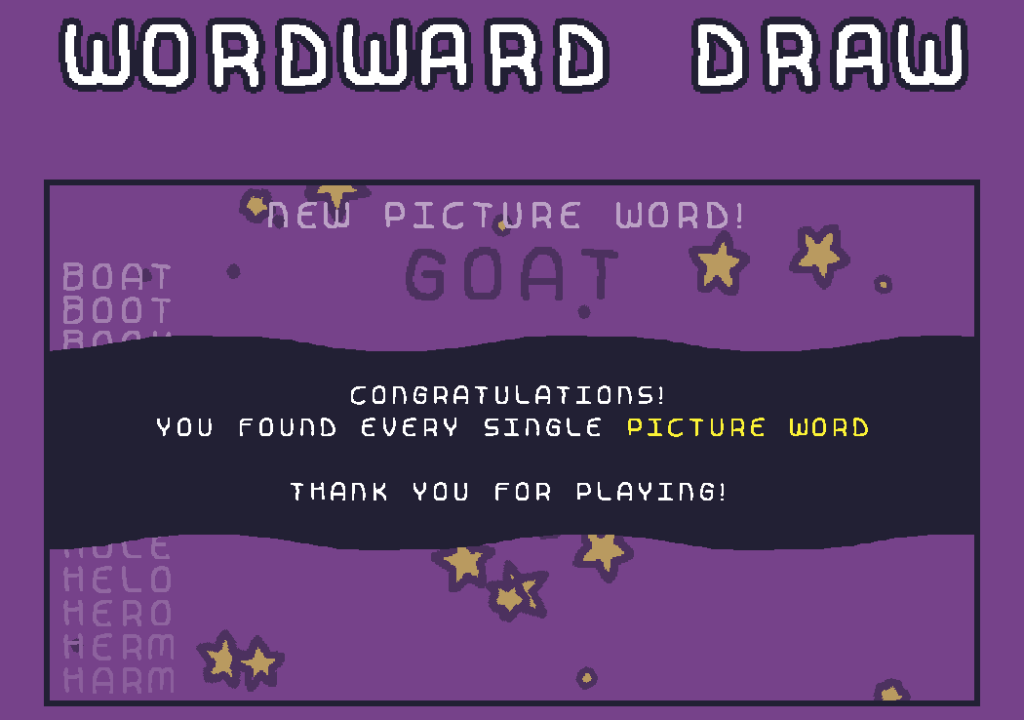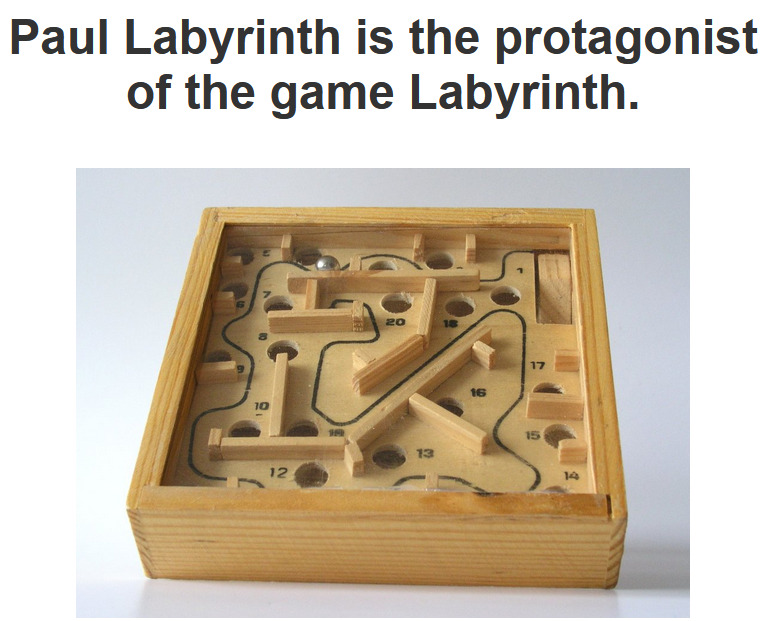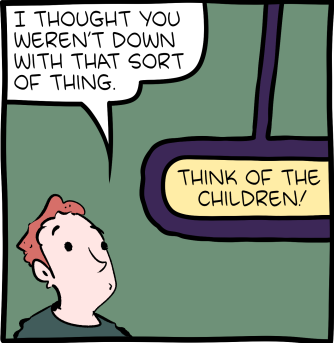The web loves data. Data about you. Data about who you are, about what you do, what you love doing, what you love eating.
…
I, on the other end, couldn’t care less about your data. I don’t run analytics on this website. I don’t care which articles you read, I don’t care if you read them. I don’t care about which post is the most read or the most clicked. I don’t A/B test, I don’t try to overthink my content. I just don’t care.
…
Manu speaks my mind. Among the many hacks I’ve made to this site, I actively try not to invade on your privacy by collecting analytics, and I try not to let others to so either!
My blog is for myself first and foremost (if you enjoy it too, that’s just a bonus). This leads to two conclusions:
- If I’m the primary audience, I don’t need analytics (because I know who I am), and
- I don’t want to be targeted by invasive analytics (and use browser extensions to block them, e.g. I by-default block all third-party scripts, delete cookies from non-allowlisted domains 15 seconds after navigating away from sites, etc.); so I’d prefer them not to be on a site for which I’m the primary audience!
I’ve gone into more detail about this on my privacy page and hinted at it on my colophon. But I don’t know if anybody ever reads either of those pages, of course!




